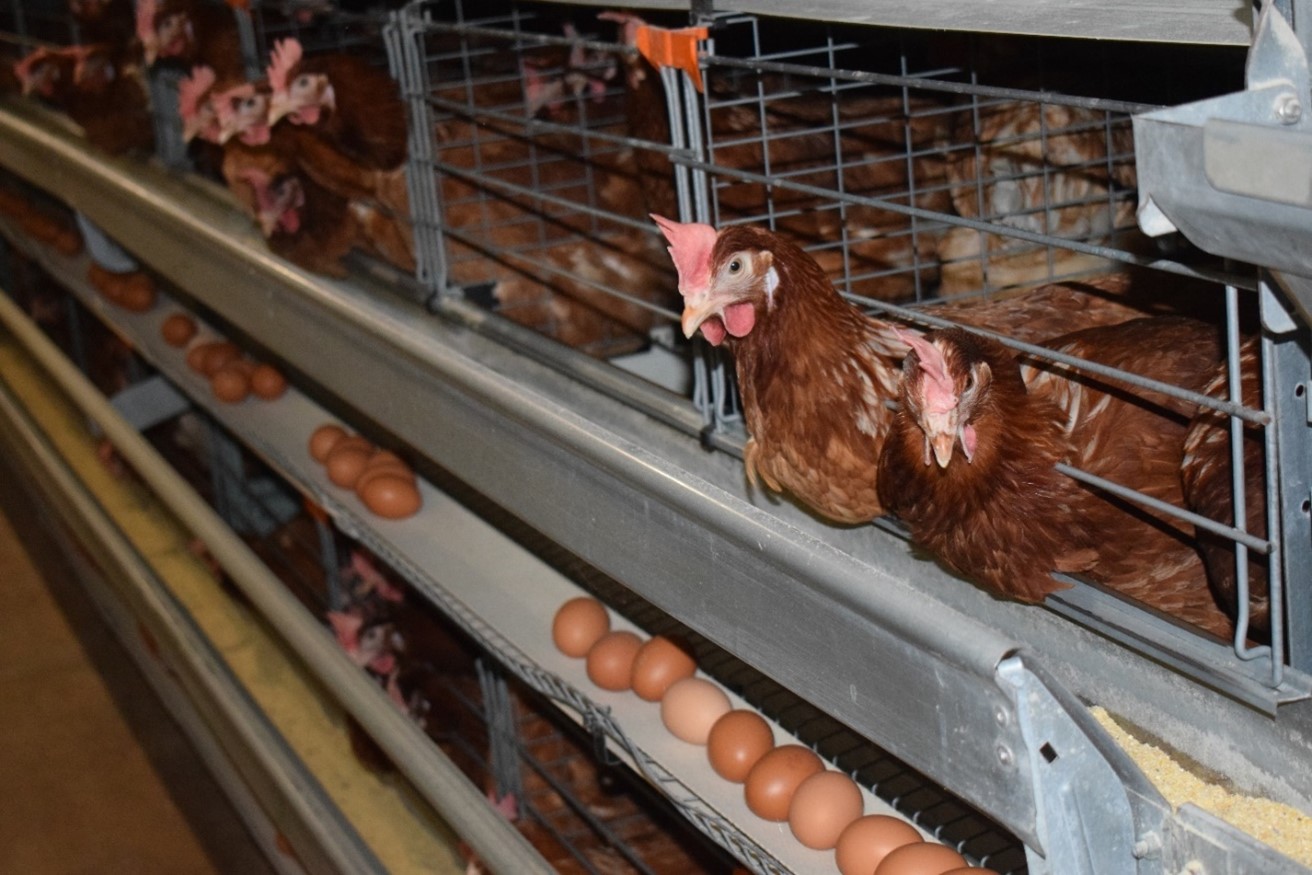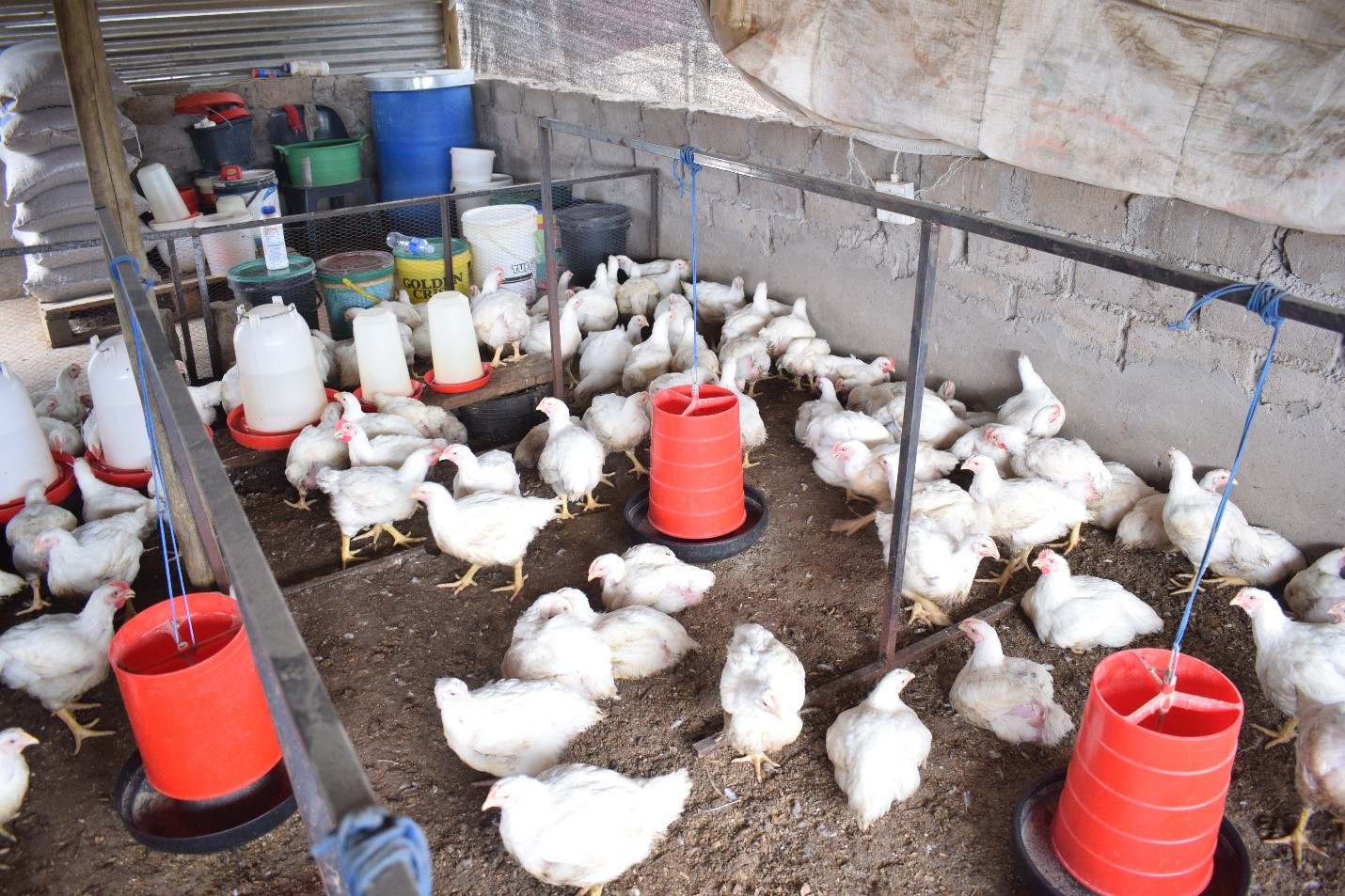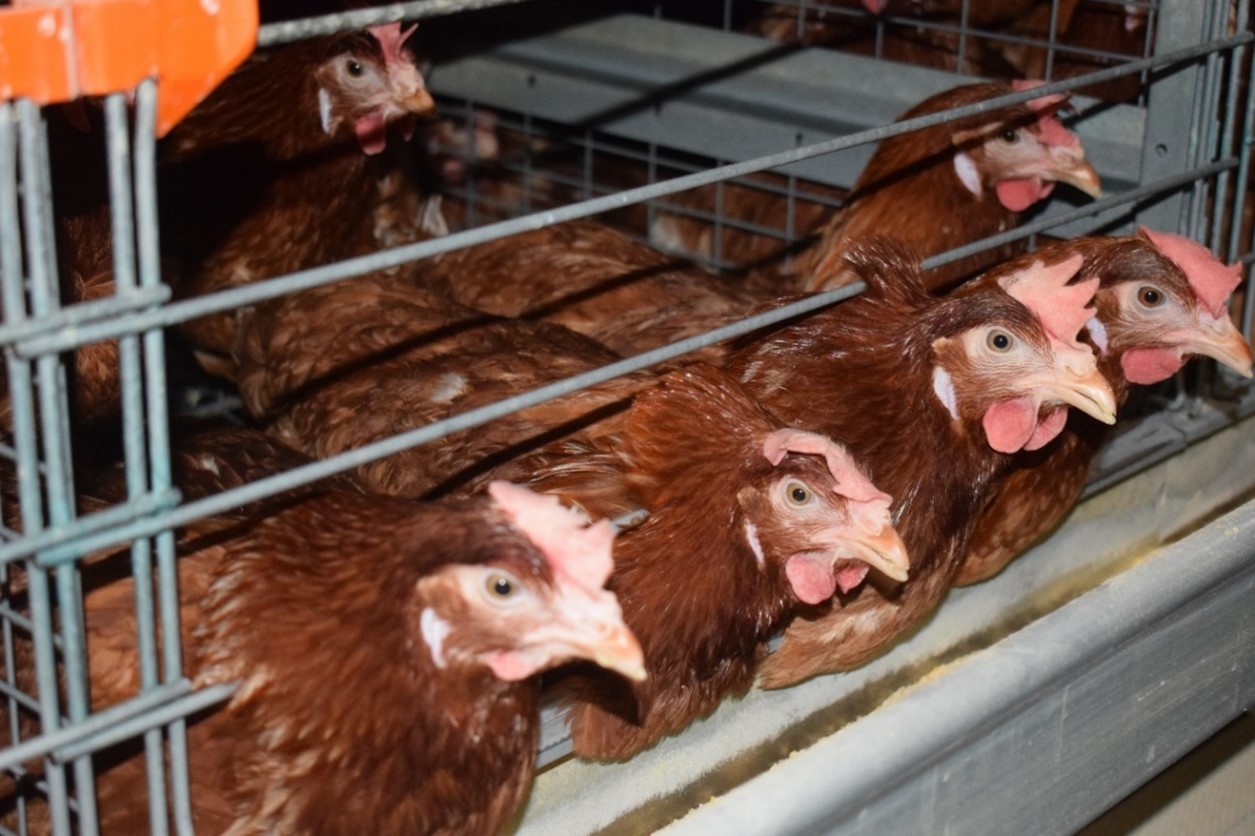What is Avian Influenza (AI)?
Avian influenza refers to the disease of certain birds caused by infection with avian(bird) influenza (flu) viruses. There are many strains the influenza virus which can generally, be classified into two categories:
low pathogenic avian influenza (LPAI) that typically causes little or no visible signs in
birds and highly pathogenic avian influenza (HPAI) that can cause severe clinical signs and/or a high number of deaths in birds. These viruses occur naturally among wild birds worldwide and can infect domestic poultry and animal species. However, avian influenza viruses are very contagious among birds and some of these viruses can infect and even kill certain domesticated bird species including chickens, ducks, and turkeys.
Where is the disease found?
Avian influenza occurs worldwide, and different strains are more prevalent in certain areas of the world than others. To date, a total of five (5) Highly Pathogenic Avian Influenza (HPAI) outbreaks were confirmed in commercial chicken farms in the Waterberg District Municipality. Three in Bela - Bela Local Municipality, one (1) in Modimolle - Mokgoopong Local Municipality and one (1) in Mogalakwena Local Municipality.

One of the signs of highly pathogenic bird flu is a sudden drop in production of eggs.
How is the disease transmitted and spread?
All AI viruses can be transmitted among birds through direct contact with secretionsfrom infected birds, especially faeces, or through contaminated feed, water, equipment, eggs and human clothing. They are readily transmitted from farm to farm by the movement of domestic live birds, people (especially when shoes and other clothing are contaminated) and contaminated vehicles, equipment, feed, and cages.
What are the signs of highly pathogenic bird flu?
The disease may cause a large number (up to 100%) of sudden deaths in a flock.
• Ruffled feathers
• loss of appetite
• quietness and extreme depression
• sudden drop in production of eggs
• wattles and combs become swollen and congested
• swelling of the skin under the eyes ·
• coughing, sneezing and signs of nervousness
• diarrhea, hemorrhages on the hock. These signs may be confused with other poultry diseases, for example Newcastle disease that frequently occurs in South Africa.
Can humans become infected?
Though some avian influenza strains are zoonotic (a disease which primarily affects animals, but causes disease in humans), the current strain that we are dealing with in South Africa, H5N8, is reported NOT to be a zoonosiss. Some other strains of the AI virus have caused human deaths; however, deaths only occurred among people who had very close contact with birds infected with AI. No human-to-human spread of AI has been proven yet.
How is the disease diagnosed in birds?
Avian influenza may be suspected based on clinical signs and events leading to the disease. Laboratory tests are required to confirm the diagnosis. If you suspect your birds may have AI, contact your State Veterinarian, Animal Health Technician or Extension Officer immediately for assistance.

To date, a total of five (5) Highly Pathogenic Avian Influenza (HPAI) outbreaks were confirmed in commercial chicken farms in the Waterberg District Municipality.
How can we control the disease?
It is essential for poultry producers to maintain biosecurity practices to help prevent introduction of the virus to their flock. Contact your veterinarian for advice on how to improve your biosecurity. Measures that are recommended at the farm level include:
• Keep poultry away from areas frequented by wild fowl
• Keep control over access to poultry houses by people and equipment ·
• Do not provide elements on the property that may attract wild birds (e.g., open feed, large open water bodies, etc.)
• Try to prevent wild birds gaining access to your poultry houses
• Maintain sanitation of the property, poultry houses and equipment
• Avoid the introduction of birds of unknown disease status into flocks
• Report any AI-like illness and deaths in your poultry and any wild birds on the property·
• Appropriate disposal of manure and dead poultry.
Avian influenza is a disease listed under the World Organization for Animal Health (OIE)
Terrestrial Animal Health Code. It is also a controlled animal disease listed under the Animal Diseases Act, 1984 (Act No. 35 of 1984). We strongly encourage all poultry farmers at various levels of production, including those with birds kept as a hobby, to adhere to strict biosecurity measures to prevent the introduction of HPAI. LDARD also urge farmers and individuals to report any suspect outbreak to their nearest agricultural office, Animal Health Technician, State Veterinarian or Private Veterinarian.

Avian influenza is a highly contagious viral disease that affects several species of meat and eggs producing birds.
|
Disclaimer This document has been compiled by the Department of Agriculture, Forestry and Fisheries and every effort has been made to ensure the In the event of sudden mortality, report the outbreak case to the nearest agricultural office, Animal Health Technician, State/ Private Veterinarian. For technical queries contact: Dr Moses Mabunda Director Veterinary Services: 083 603 4822 / 082 450 9436 |


